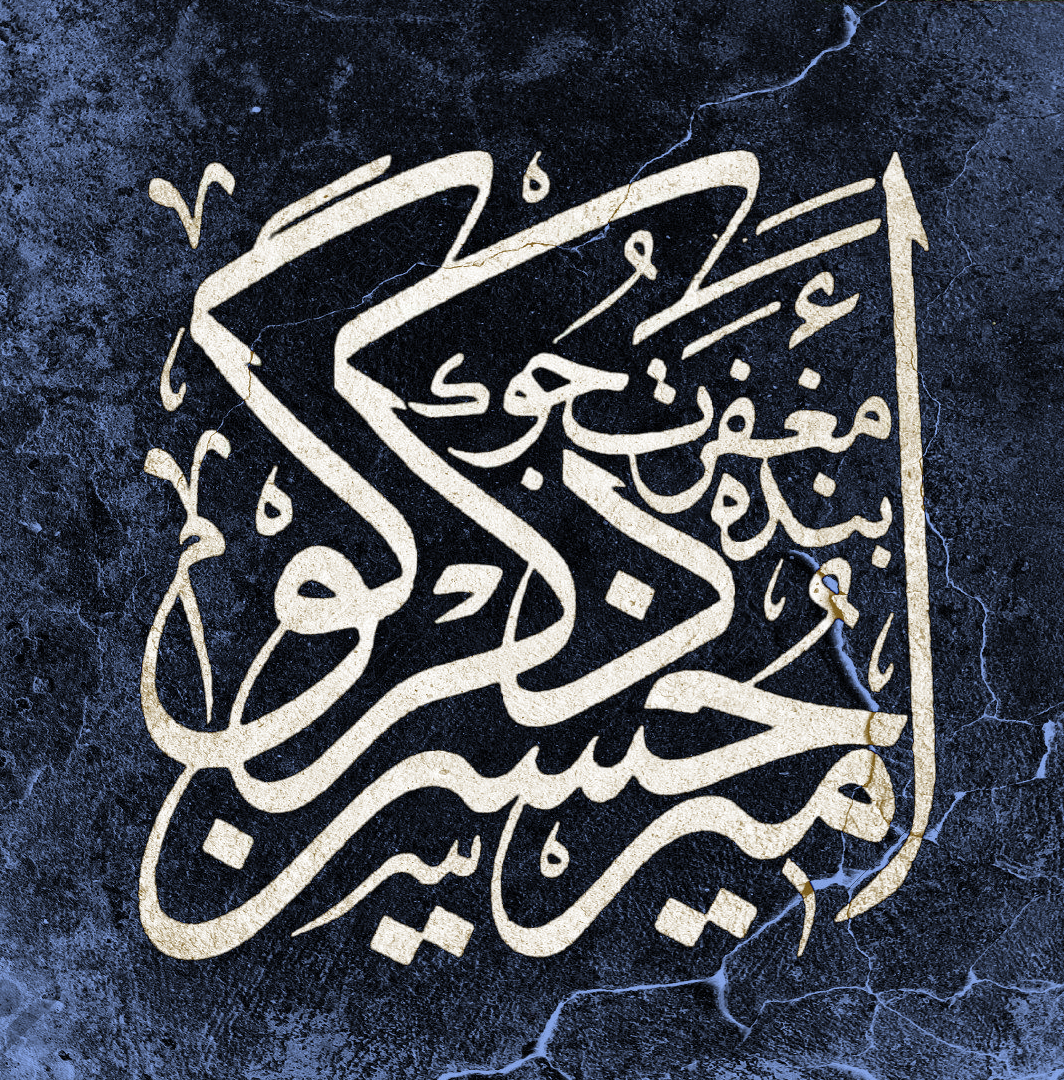Leading a Moderate Life: Guidelines
from Rūmī’s Mathnawī
By
Amir H. Zekrgoo & Leyla H. Tajer
Introduction: Moderation versus Extremism in Islamic Thought
The issue of moderation has become a leading topic in today’s political landscape, largely due to the accelerating process of what is generally known as ‘Islamic extremism’. As much unrest involves Muslim communities and individuals, the position of Islam with respect to moderation and extremism
has been the subject of many debates. It is not within the scope of this essay to elaborate on this issue. However, as Rūmī often gives references to Islamic scripture in his poetry, a brief overview of the position of Islam towards extremism and moderation will serve the purpose of this study.
The Qur’ān asserts that the Islamic ummah was created as a ‘moderate (or middle) nation’ that is expected to ‘bear witness to the truth before all mankind’, while ‘the Prophet is a witness’ over them (II: 143). It appears that moderation is regarded as a prerequisite for ‘witnessing the truth’, because
a biased mind that is inclined toward an extreme point of view is unable to be objective and balanced. Furthermore, the Qur’ān provides practical advice on issues such as spending money in a balanced manner, ‘refraining from waste’ – for ‘the squanderers are the brothers of the devils’ (17: 26–27). Moderation is advised even in the case of developing admirable virtues such as helping the needy; ‘whenever they spend on others, [they] are neither wasteful nor niggardly, but there is always a just mean between those [two extremes] (XXV: 67). The Prophet Muḥammad laid special emphasis on moderation by repeating three times: ‘O people: be moderate, be moderate, be moderate.’
Perhaps the most famous Ḥadīth, known as the Ḥadīth of Moderation, underlines that ‘the “Middle Path” or via media is the best and right path’ (khayr al-umūr awsāṭuha) for all Muslim believers to follow. In his multivolume Persian commentary on al-Kalābadhī’s (d. 380/990) Kitāb al-taʿarruf li-madhhab ahl al-taṣawwuf, Abū Ibrāmīm Mustamlī Bukhārī (d. 434/1042–1043) reported an event where a few groups approached the Prophet, each claiming that its position was the right position. In response to their arguments the Prophet brought their attention to the Ḥadīth of Moderation and encouraged them to take the Middle Path.
Another account refers to an event where the Prophet was surrounded by a group of his followers. Using a stick he carved a straight line in the soil toward himself, while the companions were sitting on either side. Pointing to the line he announced: ‘Verily my path is the straight one, so follow it’ (Inna hadha sirāṭ-i mustaqīman, fattabiʿūhu). He then drew several other lines on either side of the main line and added: ‘Do not follow other paths that divide and scatter you’ for ‘the multiple paths are those of the Satan, and the followers would face annihilation.’ And in the end the Prophet declared: ‘the Middle Path is the right path.’
Similarly, Imām ʿAlī ibn Abī Ṭālib (d. 40/661) introduced the members of the Prophet Muḥammad’s household (Ahl al-bayt) as being the best point of reference for people of the Middle Path. In his first sermon after the official allegiance of the people of Medina with him, Imam ʿAlī laid stress on the importance of the Middle Path in the following manner: ‘Deviating toward right or left is error, and the Middle Path is the right path.’
He further elaborates on the matter by referring to any form of extremism as a sign of ignorance. There are numerous references to moderation in thought, mood, and action in various passages of the Nahj al-Balāghah. In one passage, for instance, Imām ʿAlī reiterates that if one crosses the limits of moderation in reacting to various moods and conditions – such as hope, fear, wealth, poverty, and so on – it will lead one to undesirable results.
The Ḥadīth of Moderation was equally popular among traditional Muslim theologians as among Sufis. Abū Ḥāmid Muḥammad al-Ghazālī (d. 505/1111) in his Iḥyā’ al-ʿulūm al-dīn and Najm al-Dīn Rāzī (d. 654/1256) in his Mirṣād al-ʿIbād put much emphasis on the said Ḥadīth. Rūmī, in his presentation of moderation, as we shall see, often resorts to the Qur’ān and these traditions of the Prophet to support his own view on the subject of moderation. In his Seven Sermons (Majālis sabʿah), for example, he refers to the Ḥadīth of Moderation, mentioning moderation as the supreme virtue that grants man’s heart and spirit protection from all harm. In the Mathnawī, although he uses stories that have broad appeal to a general audience in order to relay his message of moderation, his perspective on moderation is far more complex and nuanced. These accounts, which are mostly concentrated in Books II and V, will be the subject of our discussion in the passages that follow.
